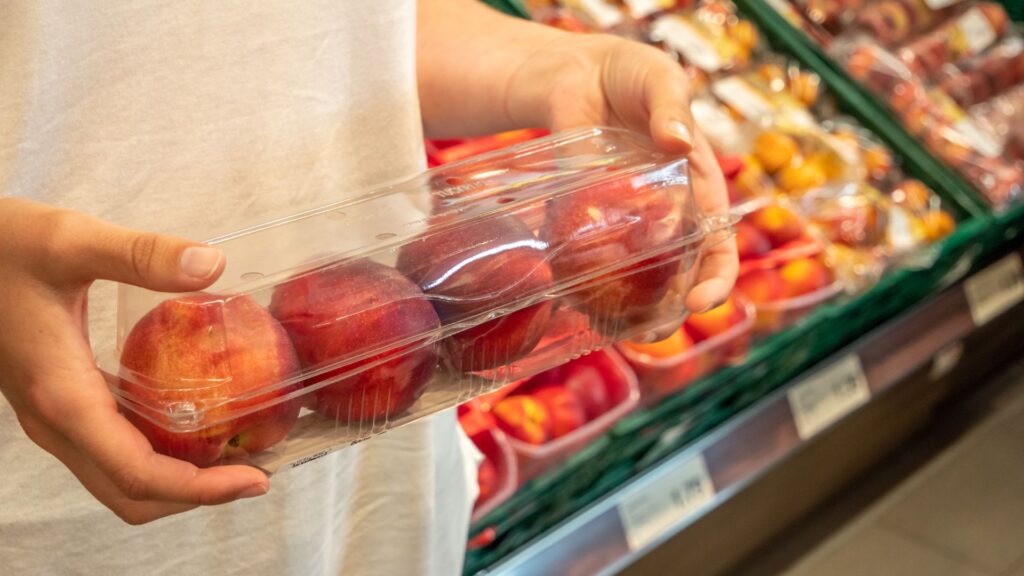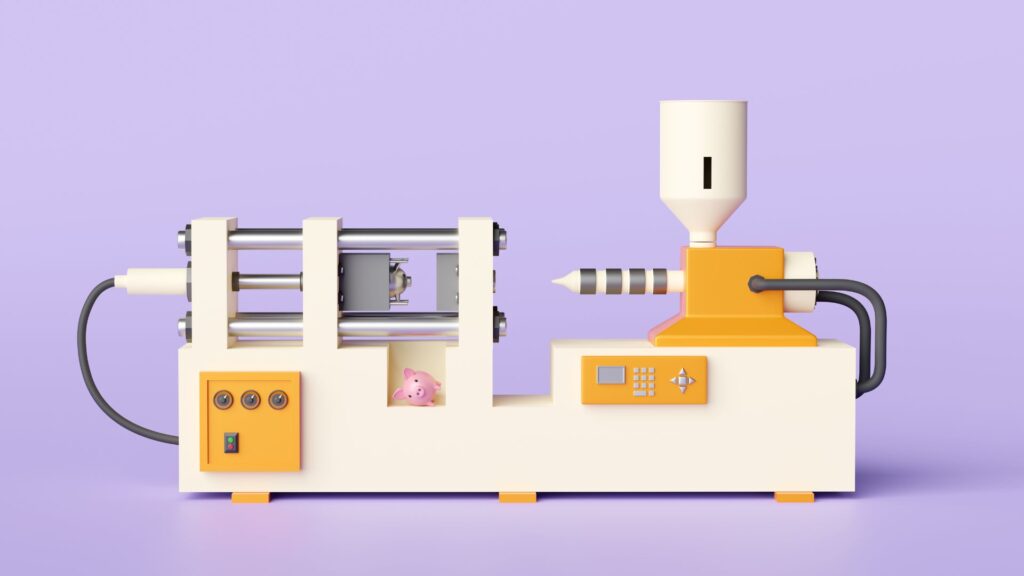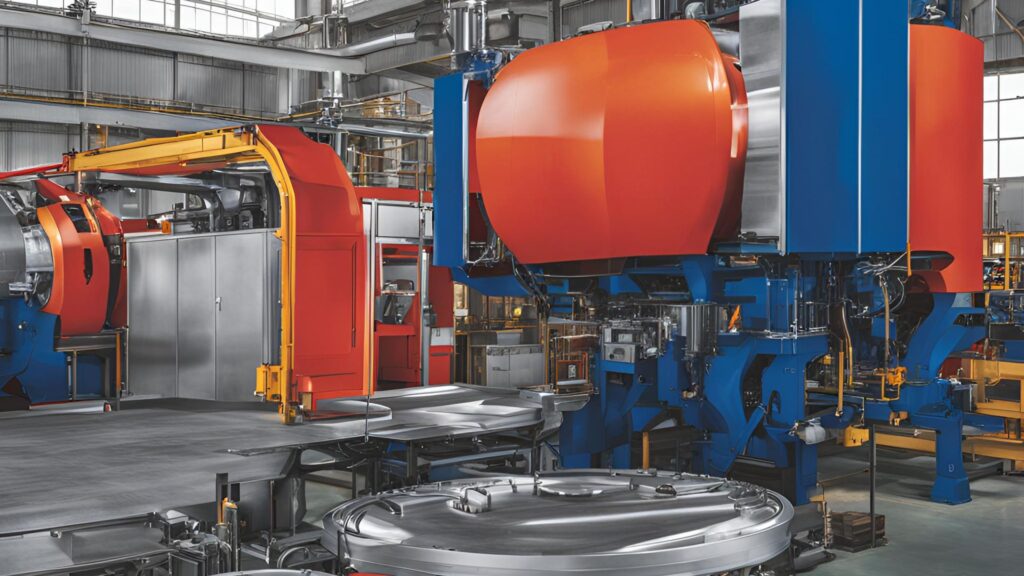The polymer business has a bright future ahead of it. So say the authors of a recent white paper. “The next 50 years will be an exciting and rewarding time. Rewarding for the polymer industry. And for the world that depends upon it.” Such was the conclusion of the study, which Perkin Elmer Inc., a U.S.-based research firm, published in 2020.
That conclusion comes as no surprise to the team at Lone Star Chemical. Lone Star, growing steadily for years, currently enjoys its best year in the business.
Part of what makes Lone Star successful is its ability to roll with the changes. And adapt as market realities shift. Matt Marshall, Vice President of Purchasing and Sales at Lone Star Chemical, knows that responsiveness matters. A company must listen to its customer base.
Polymer Progress
Asked what new direction Lone Star might be pursuing these days, Matt replied with no hesitation. “We’re focusing more on biodegradable types of products right now,” he said. “That’s the area that we’d like to grow in. There seems to be a big push for those kind of products.”
Indeed, the white paper cited earlier reached the same conclusion. Perkin Elmer Inc., a research firm specializing in industry, surveyed the field. They observed that research-and-developments firms in the polymers field keep investigating recyclability of their products. They want to bring better plastic formulations to market.
“The demand for better, less environmentally impactful materials shapes the reality for these companies,” the report states. “The competition increases to develop new products with advanced performance capabilities. The idea: advance a ‘circular economy’ for plastics. In addition to industry demands, polymer production companies continuously search for ways to improve efficiency, control costs, and streamline their processes. All the while, they meet their customers’ needs and comply with regulatory standards.”
The entire white paper resides on Perkin Elmer’s website.
Polymers Recycling
One of the product lines Lone Star already sells goes by the name “repro.” The term “repro” stands for “reprocessed recycled materials.”
Perkin Elmer, in its study, cited three important benefits that polymers recycling provides to society and the environment. For one, by returning materials to the polymer production process, recycling reduces the need for virgin raw materials. Second, using recycled resins instead of virgin resins reduces energy consumption during plastics production up to 88 percent. And third, using recycled plastics reduces air emissions during plastics production by up to 71 percent.

For all these reasons, Lone Star keeps expanding its biodegradable lines. Further, the company finds other environmentally friendly offerings. Not surprisingly, Matt Marshall sees the direction as being good for everyone.
Polymers and Pricing
The Lone Star VP stays fully engaged in all of the company’s other efforts, too, for that matter. In his capacity as VP of Purchasing, he liaisons with some of the biggest petrochemical firms in the nation.
“I work with most of them—most of the major oil companies,” he says. “The main challenge there becomes just knowing the polymers markets. And knowing when to buy and when not to buy. As well as knowing what products work for your customers. There’s also the matter of price. It all comes down to offering a competitive price.”
He continued: “When we purchase from the oil companies the material ships in rail cars. Those run about 200,000 pounds [per car]. We’ll send it to various parts of the United States and break it down into 1,500 pound gaylord boxes. So we sell a range of quantities. We can sell everything from one gaylord box up to multiple rail cars that go directly to our customers’ plants.”
In his pre-Lone Star life, Matt worked in motor sports. He served on the Joe Gibbs Racing Team, working mainly out of Indianapolis and Detroit. Today Matt’s sporting life stays confined mainly to hunting and practicing martial arts.
But like all Lone Star employees, Matt’s never far from a phone. And he, like the rest of the company, prides himself on being that “live voice” that’s available to customers. For more on Matt, see his bio.






